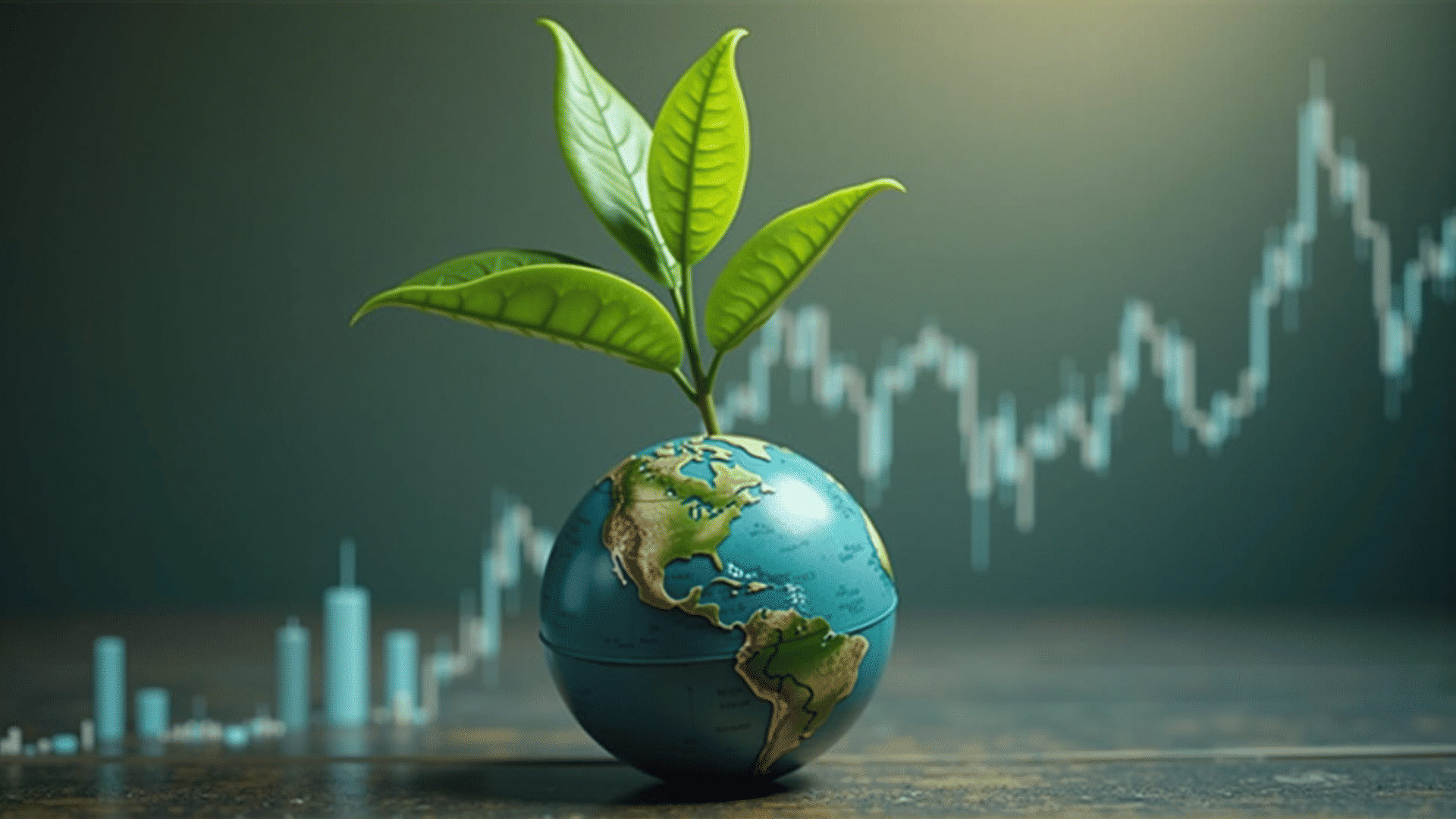In recent years, the concept of sustainability has transcended its traditional environmental bounds and permeated the realm of financial markets. Investors are increasingly recognizing that sustainable practices not only contribute to environmental and social welfare but also significantly impact the financial performance of companies. This evolving paradigm is shaping the future of stock investments, prompting investors to align their portfolios with sustainable practices.
At the heart of this transformation is the growing awareness that companies with robust Environmental, Social, and Governance (ESG) standards often exhibit better risk management and more consistent long-term returns. These companies are better equipped to face new regulations, cope with environmental challenges, and adopt innovative technologies. Consequently, ESG criteria are playing an increasingly crucial role in investment decision-making processes.
Investors are now turning towards sustainable investments, also known as “green” or “impact” investments. These investments seek to generate positive social and environmental impacts alongside financial returns. The rise of green bonds, for instance, highlights how debt markets are being revolutionized to fund sustainable projects, from renewable energy ventures to sustainable agriculture.
As sustainable practices become a mainstream consideration, companies that fail to integrate ESG principles may face reputational damage, regulatory scrutiny, and financial penalties. Such companies are often viewed as riskier investments, leading investors to divest from them in favor of their more sustainable counterparts. This shift is increasingly influencing stock prices and investment portfolios worldwide, placing sustainability at the core of corporate strategy.
For investors looking to capitalize on this trend, there are several key factors to watch out for:
-
Transparency and Reporting: Companies with detailed and transparent reporting on their sustainability initiatives provide investors with valuable insights into their operations and risks. In the absence of standardized reporting, investors should prioritize firms that actively disclose their ESG metrics and progress.
-
Regulatory Changes: As governments introduce stricter environmental regulations, companies that proactively adopt sustainable practices are likely to benefit over those caught unprepared. Keeping abreast of such regulatory developments can give investors a competitive edge.
-
Sector-Specific Opportunities and Risks: Certain sectors, such as renewable energy and electric vehicles, are inherently aligned with sustainability goals, offering lucrative growth prospects. Conversely, industries like fossil fuels face substantial transition risks. Investors should consider sector-specific dynamics while building portfolios.
-
Technological Innovations: Innovations in technology can drive sustainability in unexpected ways, from improving energy efficiency to reducing waste. Investors should look to identify companies that are at the forefront of adopting and developing such technologies.
-
Stakeholder Pressure: Consumers, employees, and shareholders are increasingly advocating for corporate sustainability. Recognizing companies that positively respond to stakeholder pressures can signal potential investment opportunities.
Ultimately, embracing sustainable practices is not just a moral imperative but an economic one. As public consciousness about sustainability continues to grow, the investment landscape will undoubtedly shift further toward practices that prioritize the planet and people alongside profit. Investors who align their strategies with sustainability principles are likely to find themselves at the forefront of the next wave of prosperity, deriving benefits from both the stability and growth such investments offer.
In summary, by considering ESG factors, understanding industry trends, and evaluating a company’s commitment to transparency, investors can make informed decisions that contribute not only to their portfolios but also to a more sustainable world.
